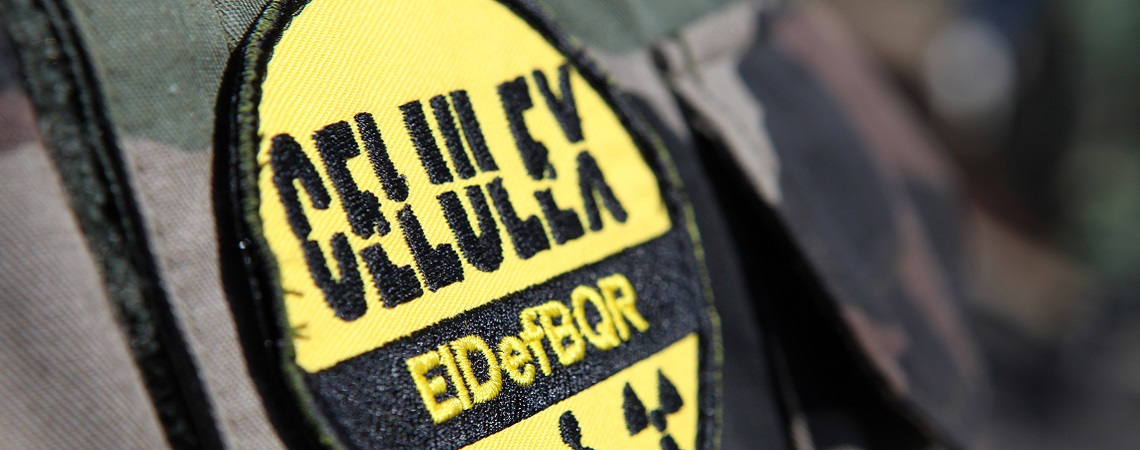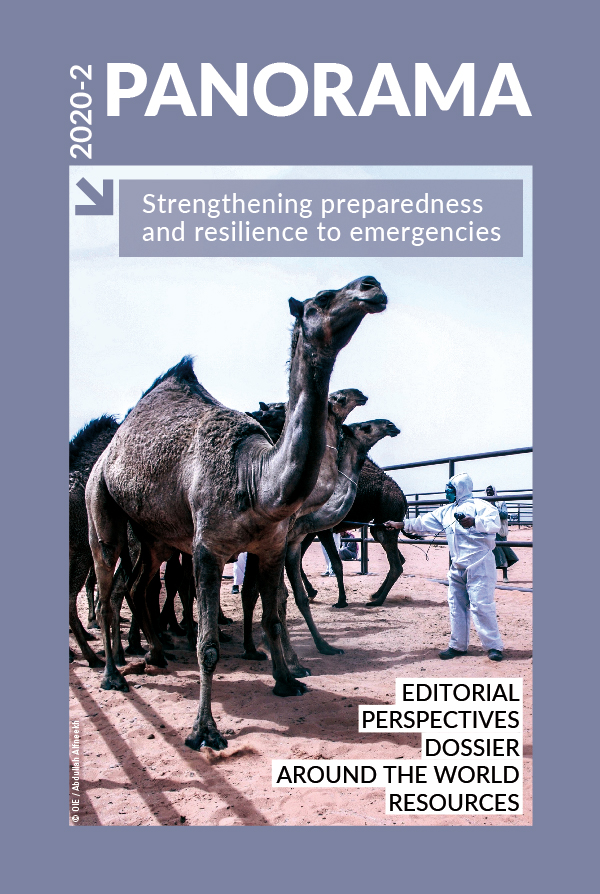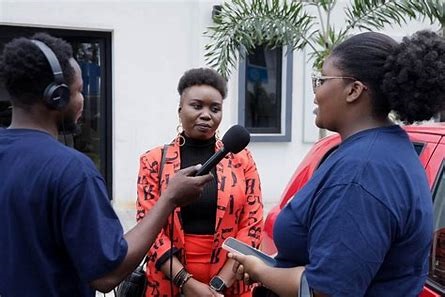Around the world Posted on 2021-03-08 08:50:58
Success stories
Simulation exercises: a valuable tool in biopreparedness
Highlights from the CELULEX exercises in Portugal
Keywords
Authors
J. Gouveia-Carvalho (1)*, W. Antunes (1), I. Gomes (1), J. Pita (1) & M. Marrana (2)
(1) Unidade Militar Laboratorial de Defesa Biológica e Química, Exército Português, Portugal.
(2) Preparedness and Resilience Department, World Organisation for Animal Health (OIE).
* Corresponding author: carvalho.jmcfg@exercito.pt
The designations and denominations employed and the presentation of the material in this article do not imply the expression of any opinion whatsoever on the part of the OIE concerning the legal status of any country, territory, city or area or of its authorities, or concerning the delimitation of its frontiers and boundaries.
The views expressed in this article are solely the responsibility of the author(s). The mention of specific companies or products of manufacturers, whether or not these have been patented, does not imply that these have been endorsed or recommended by the OIE in preference to others of a similar nature that are not mentioned.
The value of simulation exercises in biopreparedness
Regular simulation exercises are essential tools in building and sustaining an effective national and international capability to contain the consequences of natural or deliberate disease outbreaks, restore confidence and make a rapid recovery, with minimal loss of life and disruption to daily life and the economic well-being of a country. They enable countries to validate plans and systems thoroughly, test coordination among national and international institutions, train frontline responders and highlight vulnerabilities [1].

With a view to drawing on realistic scenarios and further enhancing multisectoral coordination, relevant stakeholders in biopreparedness and response take part in the annual CELULEX exercises, especially aimed at the health−security and human–animal interfaces.
The national institutions involved in these exercises include the following, the: Directorate General for Health, Directorate General of Food and Veterinary Affairs, National Institute of Health, National Institute for Agrarian and Veterinary Research, National Authority for Emergency and Civil Protection, Navy, Army, Air Force, National Republican Guard, Public Security Police, Lisbon Firefighters Regiment, Instituto Superior Técnico of the University of Lisbon, Portuguese Environmental Agency, National Institute of Medical Emergency, National Institute of Legal Medicine and Forensic Sciences, Portuguese Criminal Police, Public Prosecution Service and hospitals from the National Health Service [1, 2, 3, 4].
Outreach and dialogue with the international community constitute an important component of the CELULEX exercises
International experts from the following institutions were invited to take part in the exercises and participate as training audience and observers: the World Organisation for Animal Health (OIE); World Health Organization (WHO); Food and Agriculture Organization of the United Nations (FAO); United Nations Office for Disarmament Affairs (UNODA); Instituto de Defesa Química, Biológica, Radiológica e Nuclear (Brazil); Institut für Mikrobiologie der Bundeswehr (Germany); Instituto Gulbenkian de Ciência (Portugal); King’s College London (United Kingdom); Ministério da Agricultura, Pecuária e Abastecimento (Brazil); Regimiento de Defensa NBQ (Spain); Robert Koch Institute (Germany); Scuola Interforze per la Difesa NBC (Italy); Statens Serum Institut (Denmark); and NATO’s Joint Chemical, Biological, Radiological and Nuclear Defence Center of Excellence. As part of their visit, the international observers were also given tours of the BSL3 laboratories of the National Institute of Health, the National Institute for Agricultural and Veterinary Research, and the Biodefense Laboratory of the Portuguese Army [1, 2].
http://dx.doi.org/10.20506/bull.2020.2.3159
References
- United Nations (2017). – Biopreparedness field training exercises: national and international capacity-building. Submitted by Portugal. Document BWC/MSP/2017/WP.11. In Meeting of the States Parties to the Convention on the Prohibition of the Development, Production and Stockpiling of Bacteriological (Biological) and Toxin Weapons and on their Destruction.
- United Nations (2019). – Investigating alleged use of biological agents against agriculture, livestock and the natural environment: A practical approach. Submitted by Portugal. Document BWC/MSP/2019/WP.4. In Meeting of the States Parties to the Convention on the Prohibition of the Development, Production and Stockpiling of Bacteriological (Biological) and Toxin Weapons and on their Destruction.
- World Organisation for Animal Health (OIE) (2016). – Simulation exercise: Foot and mouth disease in Portugal.
- World Organisation for Animal Health (OIE) (2019). – Simulation exercise: Chemical, biological and radiological incidents in Portugal.












